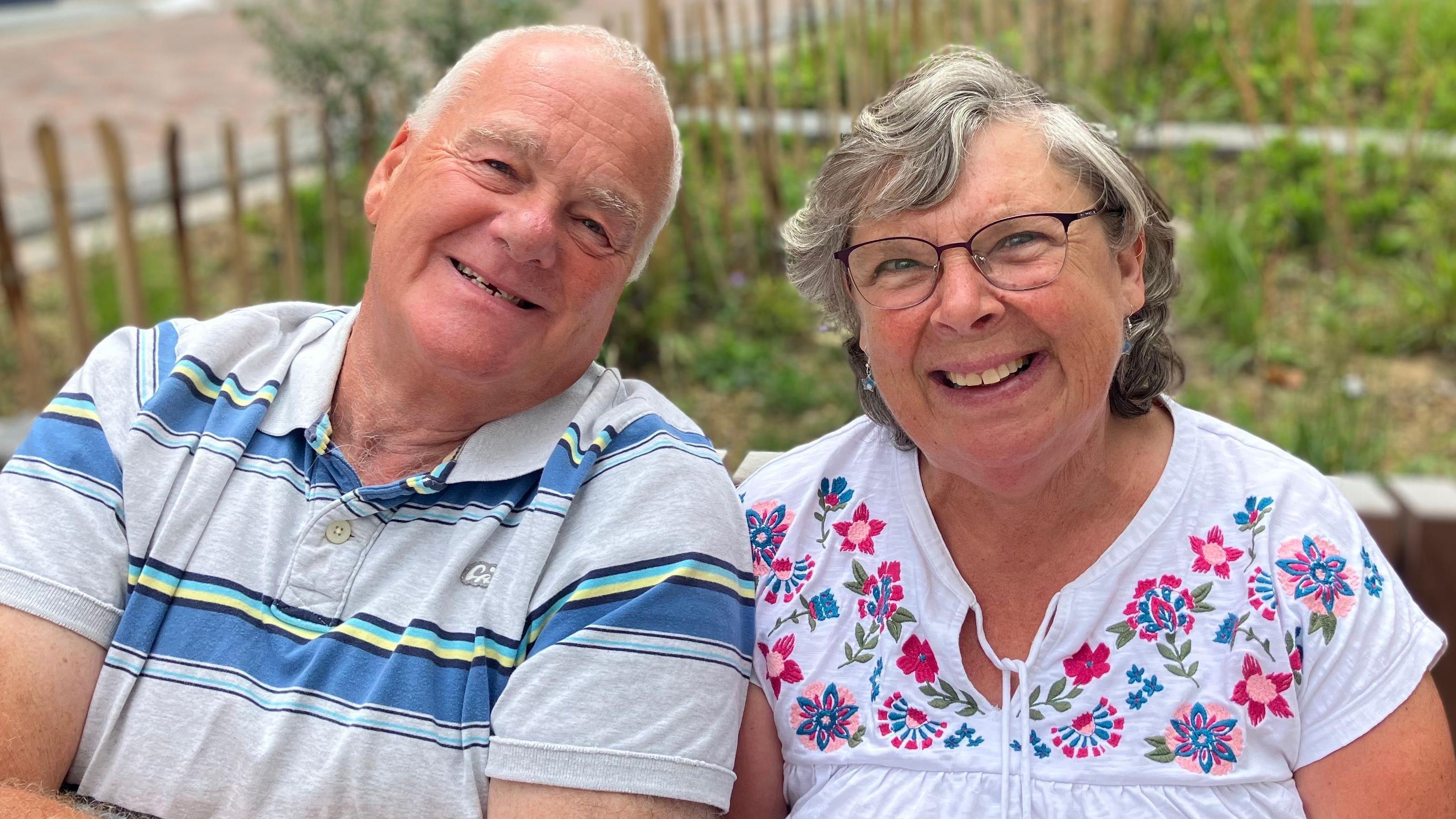
Sheffield's Struggle and Hope for a Revival
Like many towns and cities across Britain, Sheffield is navigating the aftermath of the coronavirus pandemic while also facing challenges from the growing dominance of online shopping. To boost its fortunes, the city council has invested £470 million in the city centre, aiming to revitalize its appeal. However, opinions on the effectiveness of these efforts remain divided.
According to a national think tank, Sheffield lags behind other large UK city centres outside London, with the highest number of empty shops, the lowest visitor spending, and the weakest performing economy. Despite a significant redevelopment program, cities like Leeds, Manchester, Birmingham, and Nottingham are outperforming Sheffield, with approximately one in eight shop units remaining vacant.
Local business leaders, however, are more optimistic, claiming that the city is experiencing a "renaissance" and could become a thriving visitor destination. Diane Jarvis, head of business operations at Sheffield BID, highlights that recent data shows positive performance nationally and that the council’s redevelopment program is starting to show results.
To understand public sentiment, we visited the newly transformed city centre and spoke to those working on the ground. Just off Sheffield’s main shopping street lies Chapel Walk, a winding thoroughfare connecting Fargate with Tudor Square and the city's theatres. Once a bustling area, many feel it now reflects a shadow of its former self. While there are signs of recovery, the regeneration has yet to fully blossom.
Several units on the street remain vacant despite the council’s claims of a "transformation" happening at a fast pace and incentives of up to £10,000 for new businesses. Rosie May, who runs a feminist and queer community bookshop on Chapel Walk with her friend Sarah Scales since 2022, describes the situation as "fair to middling." She notes that too many units are empty on both Fargate and Chapel Walk, emphasizing the need for creative independent businesses to take risks or receive support.
The closure of Debenhams and John Lewis in 2021 was seen as a major blow to the city centre’s retail offering. However, Ms. Jarvis suggests that the era of city centres relying on big department stores is over. She points out that Sheffield is reinventing itself as a visitor destination, with a strong food and drink scene contributing up to 40% of total sales in the city centre.
This trend reflects a broader shift where vibrant high streets are increasingly driven by hospitality. While the city’s newest food hall, Cambridge Street Collective, remains busy during lunchtime on sunny Thursdays, another closed earlier this month just two months after rebranding.
The council reported that Sheffield welcomed 17.4 million visitors in 2024, a 4.8% increase from 2023, with occupancy rates at its flagship Heart of the City regeneration project standing at 75%. Mohammed Mahroof, chair of the economic development, skills and culture committee at Sheffield City Council, emphasized that tourism continues to be a powerful driver of the city’s economy, supporting thousands of jobs and generating over £1.85 billion in 2024 alone.
Ms. May agrees that the food and drink scene is vital for the city’s future but insists that retail is not dead. She believes Sheffield has a strong foundation in creative industries and needs small independent businesses that truly know and love their craft.
Ms. Jarvis acknowledges that there is interest in vacant city centre units and that letting agents have confidence they will be filled, though she admits it won’t happen overnight. The council recently announced plans for more "exciting openings" in the coming weeks and months.
Further down Chapel Walk, Ryan Wegg, who works at a handmade gift shop, describes business as "hit and miss," even after the removal of scaffolding from the street. He mentions that customers often ask how long they’ve been there, noting that they've been in operation for over 10 years.
Mr. Wegg feels the street should be better signposted for shoppers on Fargate. He highlights a challenge facing the city centre’s regeneration: while people want improvements, the construction work on Fargate has deterred some from shopping.
Graham Fidler, a retired engineer, assumes Chapel Walk has closed altogether, recalling it as a "hive of activity" in the past. He praises new additions like Pound’s Park but also mentions that homelessness remains a problem, which he says "spoils" the experience.
Mrs. Fidler, his wife, emphasizes the need for more shops, noting that hotels and student flats have taken over a significant portion of the area. She acknowledges that the city centre has changed a lot, attributing it to the decline of department stores.
Mr. Fidler compares Sheffield unfavorably to Leeds, calling it a "poor relation" in terms of trendiness. Despite such comparisons, Ms. Jarvis argues that trying to match larger cities is futile, as Sheffield is finding its own path and undergoing a renaissance post-Covid.
As the city continues to evolve, the balance between preserving its unique identity and adapting to modern challenges remains a central theme in its ongoing journey.


Posting Komentar